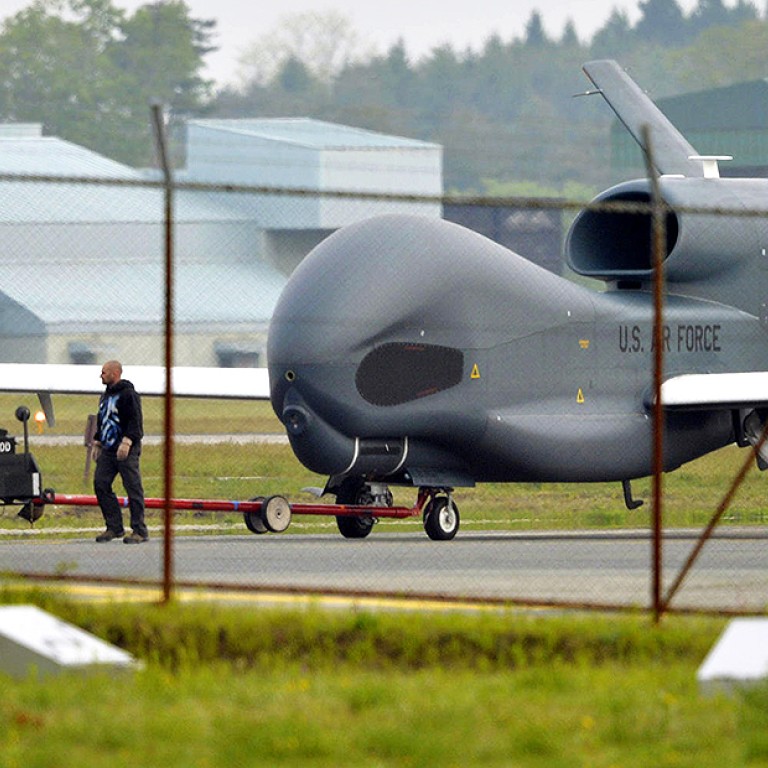
Tokyo seeks US military guarantee to protect unspecified ‘remote islands’
Japanese government seeks specific guarantees over protection for remote islands - thought to be the disputed Senkaku or Diaoyus chain
With Japan having already decided to boost the role of its military, the government of Shinzo Abe is now expected to demand more specific guarantees of US military support in protection of what Tokyo calls its "remote islands", as the two nations revise their defence pact.
Japan and the US have started the process of rewriting their guidelines for Japan-US defence cooperation. The revised agreement is expected to be ready before the end of the year.
Washington is keen for its allies to play a bigger role in policing the region
For Tokyo, this is the next stage in a thorough reconsideration of its military and comes after Abe's administration agreed to reinterpret the terms of the country's pacifist constitution to permit Japanese forces to provide collective self-defence to an ally and to give the government more freedom in committing its troops overseas.
The changes also tie in with the government relaxing the ban on the export of advanced military technology.
Washington has welcomed Tokyo's decision to expand the role of its armed forces, with US Defence Secretary Chuck Hagel telling his Japanese counterpart, Itsunori Onodera, that the US "strongly supports" the "historic" decision taken by Abe.
Speaking after talks in the US capital over the weekend, Hagel said the decision would permit Japan to "significantly increase its contribution to regional and global security and to expand its role on the world stage."
The Abe administration is keen to transform those expressions of appreciation into unmistakable US support for Tokyo's right to protect its sovereign territory. And while the "remote islands" have not been identified by name, there is little doubt that Tokyo is seeking additional support for its claims to the Senkaku Islands, which China also claims and calls the Diaoyu Islands.
"The US has already provided fairly clear details of the activities the security treaty covers, but I expect Mr Abe to seek special reference to 'grey zone' activities," said Jun Okumura, a visiting scholar at the Meiji Institute for Global Affairs.
"And when we look at how the Chinese are behaving towards the Vietnamese - doing everything in their power to make [Chinese maritime activities] appear to be a civilian operation - then you can see why Tokyo is so concerned about these grey zones," he said.
The concern could be that Chinese civilians land on one of the disputed islands - in the same way that Argentinian scrap metal merchants landed on South Georgia in early 1982 and subsequently claimed the entire Falkland Islands for Argentina.
The security guidelines were first agreed upon in 1978 and were updated in 1997 to take into account the increasing threat posed by North Korea.
Okumura believes the revisions will be beneficial to both Tokyo and Washington as Japan attempts to "normalise" its military nearly 70 years after the end of the second world war, and the US continues the "rebalancing" of its forces in the Asia-Pacific region.
"Washington appears to see China's activities in these waters as a growing threat to its own security and is very keen for its allies to play a bigger role in policing the region," Okumura added.

